Ms. Nguyen Thi H (Ha Hoa district, Phu Tho province) shared: One afternoon in early July, the weather was very hot. While working at a construction site in Dong Da district, Hanoi , she suddenly felt dizzy, unsteady and fainted. Her colleagues took her to the emergency room at Hanoi Medical University Hospital.
Here, after emergency treatment and examination, the doctors said that Ms. H had suffered from mild heat stroke due to sudden exposure to high temperatures. Furthermore, Ms. H had a history of high blood pressure and diabetes, and if not treated promptly, she was at high risk of stroke. After a period of active treatment, Ms. H's health has now stabilized.
On hot days, at many hospitals in some localities, such as Ho Chi Minh City, Hanoi and the provinces of Quang Tri, Quang Binh, ... the number of people coming for examination and treatment increases, including emergency cases due to heat shock or stroke.
People at high risk of these diseases are often children, the elderly, people with cardiovascular diseases, high blood pressure, diabetes; people who work or exercise for long periods in hot weather, people who are suddenly exposed to high temperature environments; people who smoke, drink a lot of alcohol, and are obese.
In addition, some people who regularly use diuretics, antidepressants, high blood pressure medications, etc. are also at high risk. Symptoms of heat stroke include: red face, dry lips and skin, rapid pulse, rapid breathing, headache, dizziness, sweating, dizziness, difficulty breathing, and shortness of breath. After that, the patient's body may experience circulatory collapse, fever from 39 0 C to 40 0 C, coma, etc.
According to Dr. Dinh Thi Lam, Deputy Director of Dong Da General Hospital, Hanoi, the risk of stroke can increase by 10% when the environmental temperature increases by 10 degrees Celsius. Both stroke and heat stroke can lead to serious consequences if the patient is not treated and given emergency care promptly.
The cause of the increase in cases of heat stroke and stroke is due to hot weather causing the body temperature to increase, sweating a lot, thereby causing dehydration. If the patient does not replenish water in time, the blood will easily become sticky and circulate poorly.
The consequences increase blood pressure, easily form blood clots and cause blood vessel blockage. In addition, people who work directly under the hot sun, but are not fully equipped with protective clothing; do not drink enough water and rest properly; and have an inadequate diet also increase the risk of heat stroke and stroke. People with a history of diabetes, blood pressure, ... but do not regularly have general health check-ups or periodic stroke screening are also at risk of stroke.
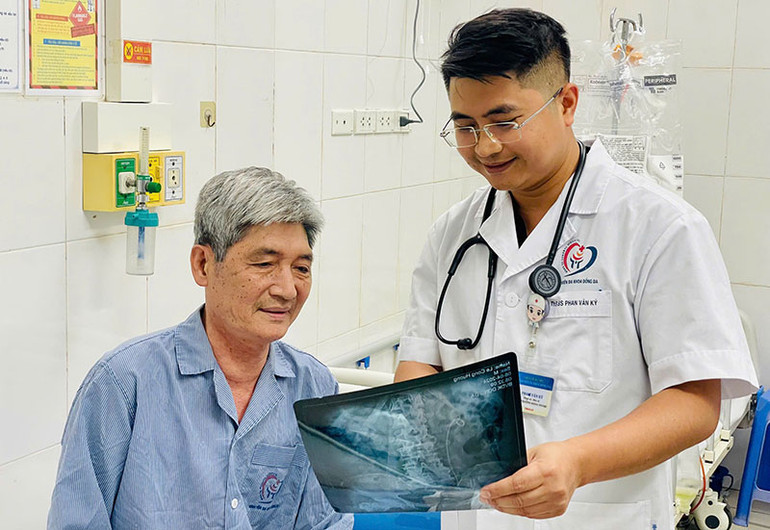 |
Doctors at Dong Da General Hospital, Hanoi, examine and provide health advice to the elderly during the hot season. (Photo: LE TAN) |
Most of the time, heat stroke can be cured by resting, cooling the body and drinking enough water. Meanwhile, stroke occurs suddenly and if not treated promptly can be life-threatening.
According to experts, when detecting a person with heat stroke, it is necessary to quickly provide first aid to lower the body temperature by taking the patient to a shady area, removing some clothes and using a towel to cool the neck, armpits, groin or wiping the whole body with cool water. Absolutely do not use fever-reducing drugs. In case of detecting a person with stroke with signs of cardiac arrest or respiratory arrest, it is necessary to immediately perform mouth-to-mouth resuscitation and chest compressions while waiting for medical staff to arrive for emergency treatment.
To prevent heatstroke and stroke during hot days, everyone must equip themselves with knowledge and preventive skills such as: Limiting outdoor activities during peak sunlight hours, especially between 12-16 o'clock. If forced to go out at this time, everyone should wear sun-protective clothing, wide-brimmed hats...
People who work outdoors in the sun need to drink plenty of water, especially lemon juice or diluted salt water, or water mixed with Oresol. However, you should not drink too much ice water or water that is too cold, which can easily cause sore throats. Do not set the air conditioner temperature in the room too low and do not let the fan blow directly near people. Eat cooked food and drink boiled water; ensure food hygiene and safety; increase nutrition, especially fruits and foods rich in fat, reduce cholesterol will help limit the risk of atherosclerosis, improve cardiovascular health, and reduce the risk of high blood pressure.
Exercise regularly to improve health and resistance. During hot weather, people should limit outdoor activities and prioritize indoor exercise. Regularly have periodic health check-ups, especially for people with chronic diseases such as high blood pressure, chronic lung disease, diabetes, dyslipidemia, etc.
Source: https://nhandan.vn/canh-bao-soc-nhiet-dot-quy-do-nang-nong-post821861.html








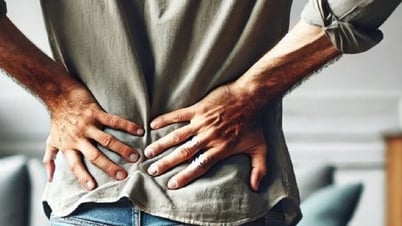

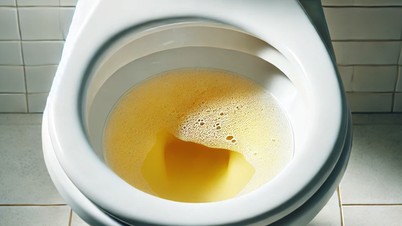

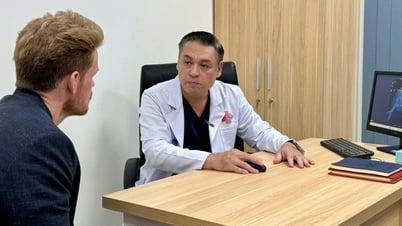

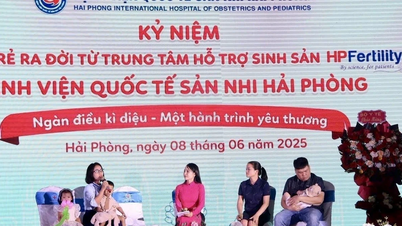

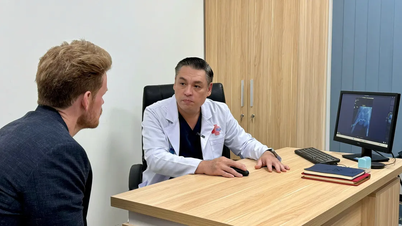








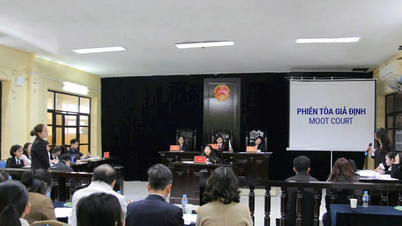

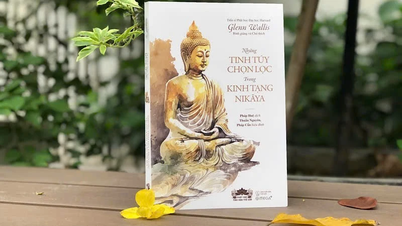











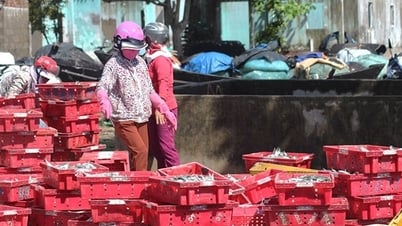















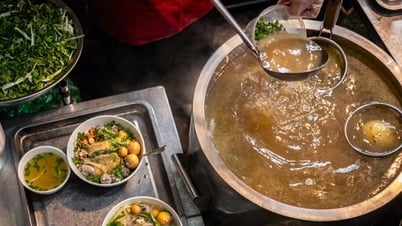

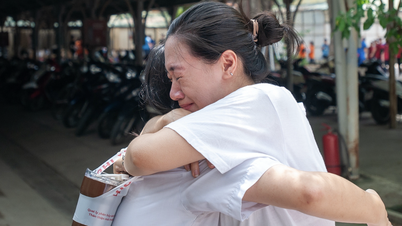

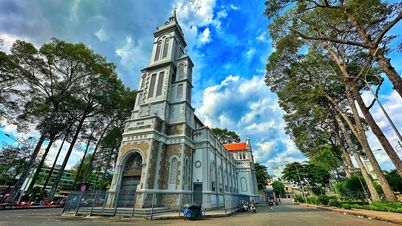










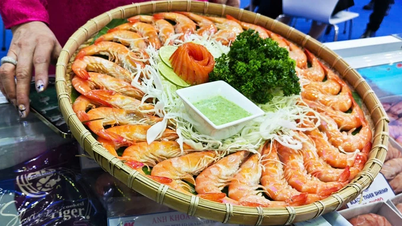





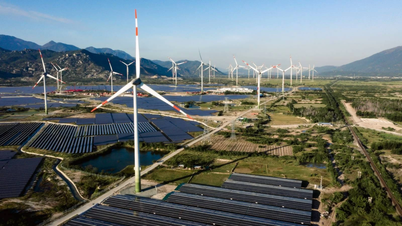
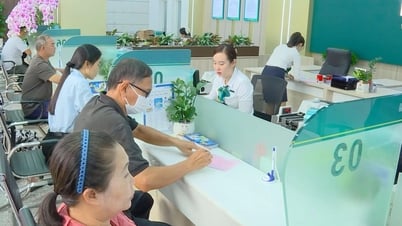








![[OCOP REVIEW] Tu Duyen Syrup - The essence of herbs from the mountains and forests of Nhu Thanh](https://vphoto.vietnam.vn/thumb/402x226/vietnam/resource/IMAGE/2025/6/5/58ca32fce4ec44039e444fbfae7e75ec)



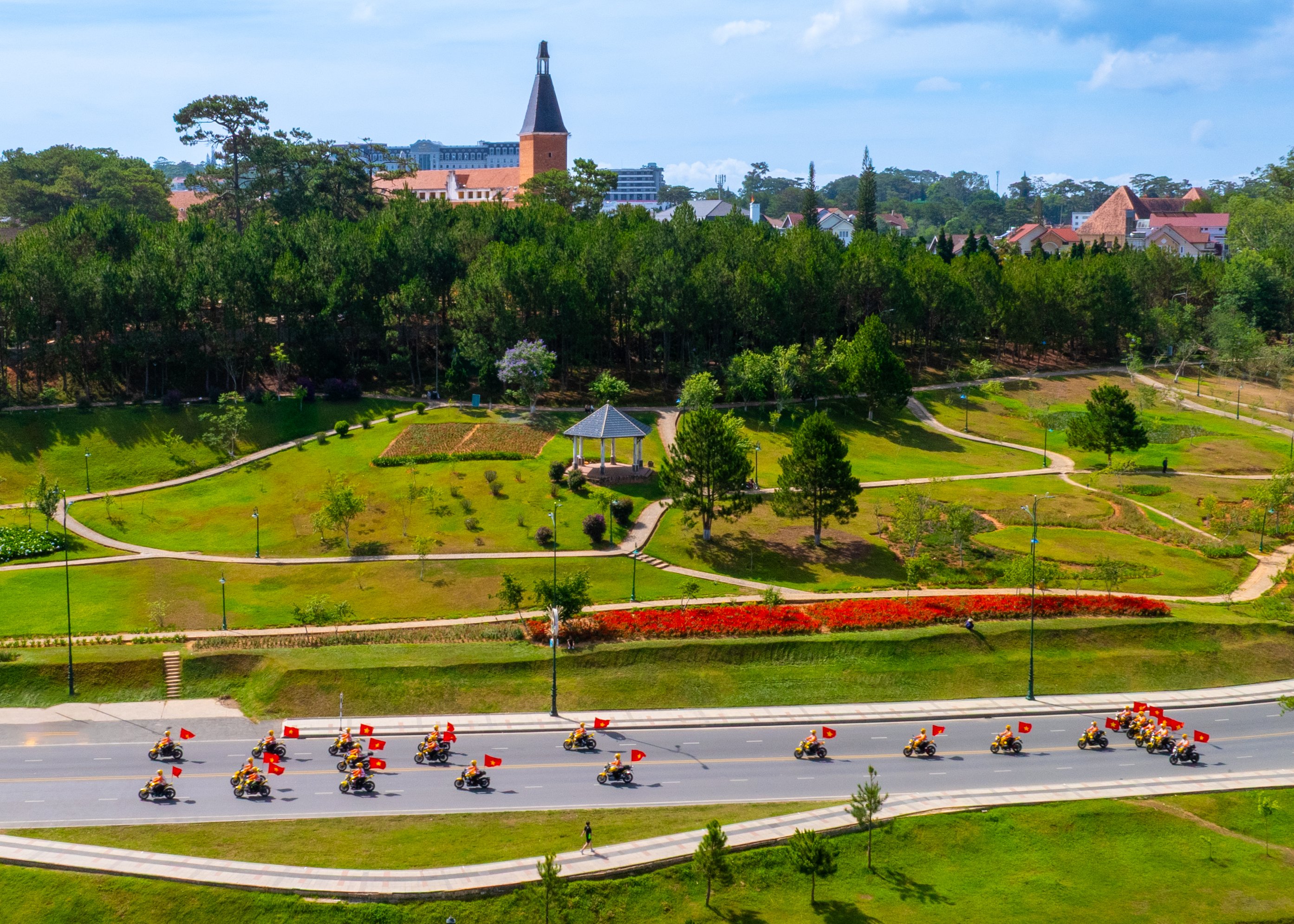
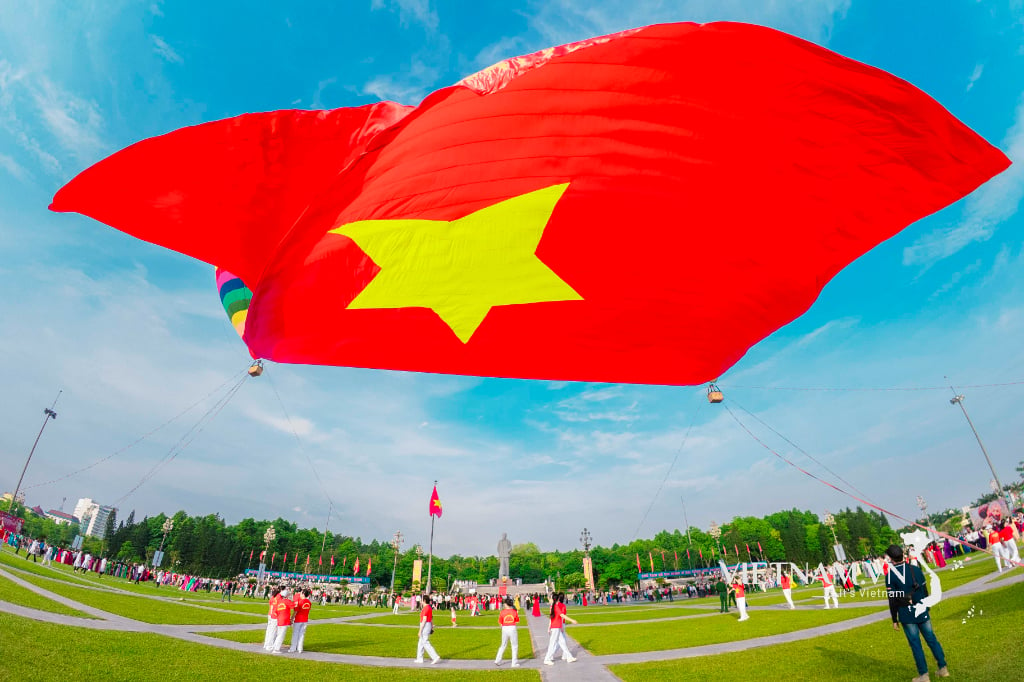


Comment (0)